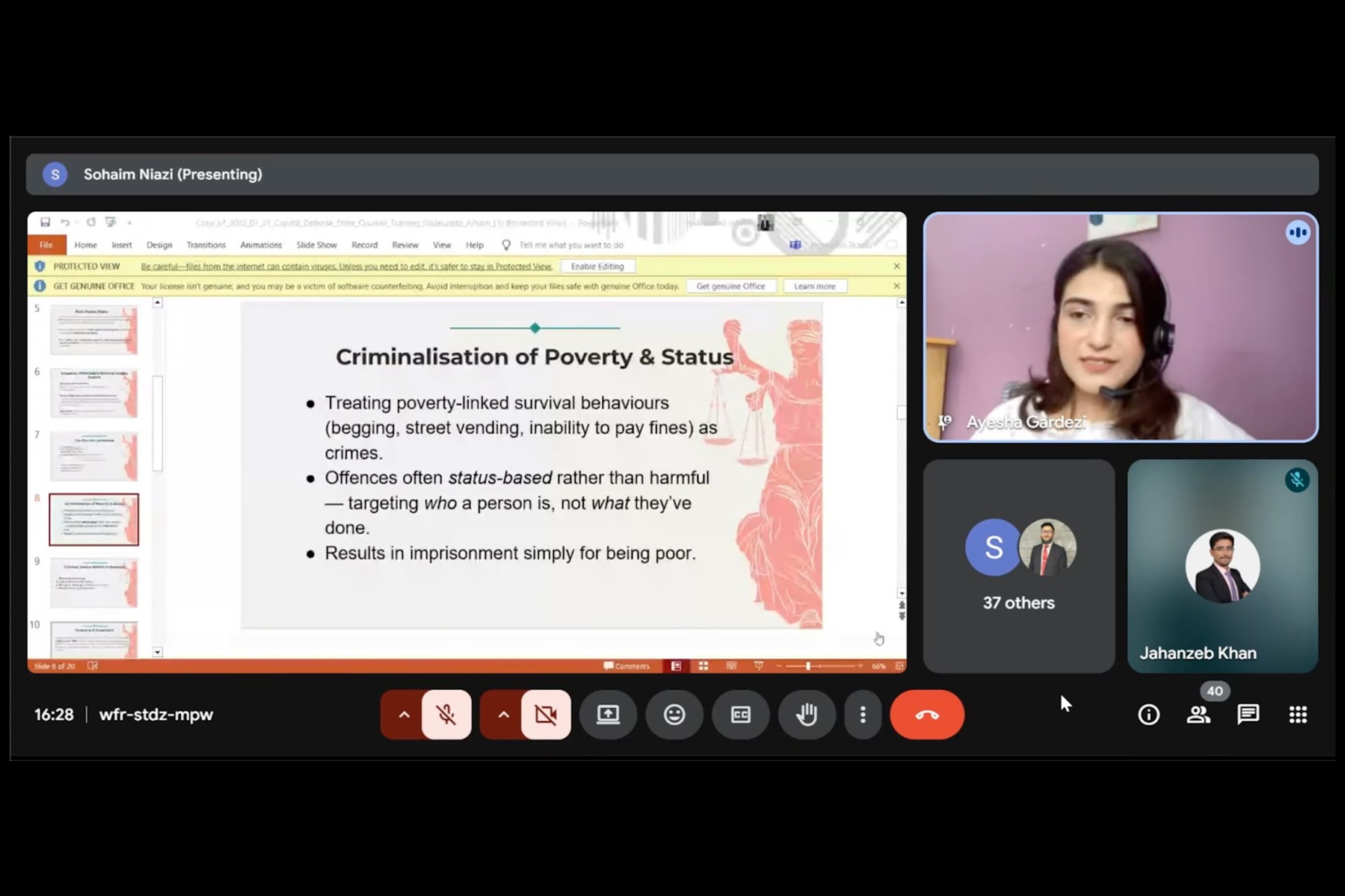On 11 August 2025, JPP partnered with the National Academy for Prisons Administration (NAPA) in Lahore to train 21 prison guards from across Pakistan, including Khyber Pakhtunkhwa and Azad Jammu and Kashmir, on the Prohibition and Prevention of Torture.
The training introduced participants to Pakistan’s 2022 Torture and Custodial Death (Prevention and Punishment) Act and international standards under UNCAT. Through interactive sessions and quizzes, prison officials learned how to identify signs of torture, distinguish it from cruel or inhuman treatment, and report cases effectively. The training also highlighted the Nelson Mandela Rules and the responsibility of prison staff to create safe and dignified detention environments.
For many officials this was their first time receiving formal training on torture prevention. Participants emphasized the need for more accessible materials in Urdu and requested that JPP conduct follow-up sessions directly in prisons to reach more staff.
This activity marked an important step in building the capacity of frontline prison officials and strengthening institutional safeguards against abuse. JPP will carry out follow-up visits in KP and AJK to expand the reach of this training and address the challenges raised by participants.
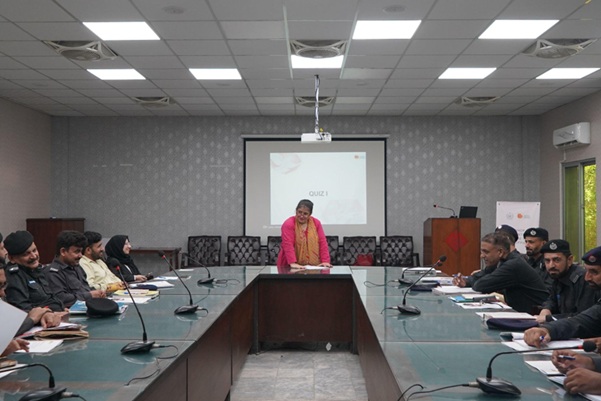
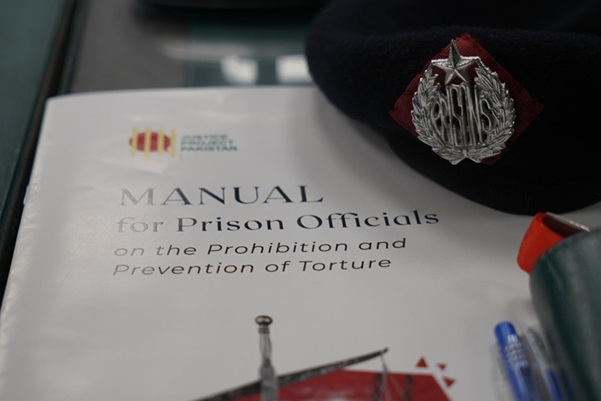
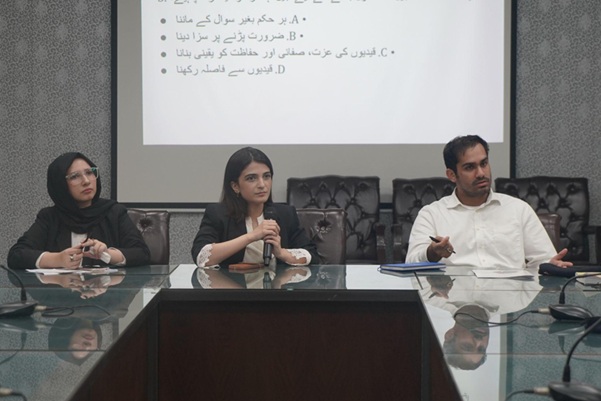
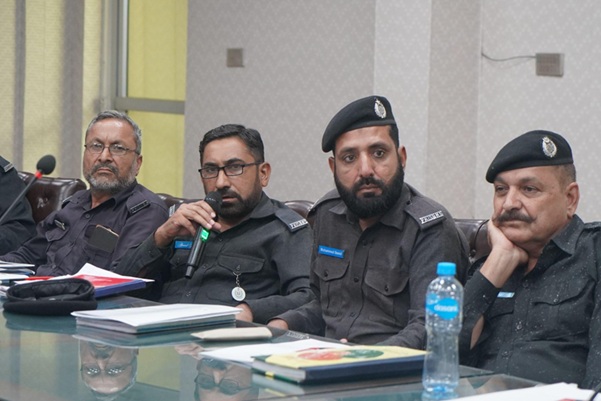
In August 2025, Justice Project Pakistan (JPP) conducted a comprehensive training for the National Commission for Human Rights (NCHR) Punjab office on investigating torture and cruel, inhuman, and degrading treatment. The training was designed to strengthen NCHR’s capacity to carry out its supervisory mandate under the Torture and Custodial Death (Prevention and Punishment) Act, 2022 as well as its broader role under the National Commission for Human Rights Act, 2012.
The session opened with Ayesha Gardezi, JPP’s Data and Advocacy Specialist, who highlighted the importance of standardized reporting, investigation, and oversight mechanisms under the 2022 Act across Pakistan. Participants engaged in discussions on practical challenges and shared their own experiences in responding to complaints of torture, underscoring the urgency of building robust institutional responses.
By equipping NCHR Punjab staff with technical knowledge and tools, this training represents a vital step towards strengthening independent oversight and ensuring accountability for torture and ill-treatment in Pakistan.
Justice Project Pakistan’s Legal Specialist, Advocate Ayesha Gardezi, recently addressed a webinar hosted by the International Society for Legal Awareness (ISLA) on “The Criminal Justice Landscape: Confronting Torture and Upholding Human Rights.” The session was designed for law students, providing them with practical insights and skills to critically engage with issues of custodial torture, accountability, and human rights in Pakistan. Around 40 participants joined the interactive discussion, raising thoughtful questions about systemic challenges and possible remedial measures.
The session also introduced students to the legal framework surrounding torture in Pakistan, including the Torture and Custodial Death (Prevention and Punishment) Act, 2022, and its alignment with international human rights obligations. By equipping future lawyers with the tools to understand and challenge practices of torture, JPP is investing in a new generation of legal professionals committed to reform, accountability, and dignity within Pakistan’s criminal justice system.

